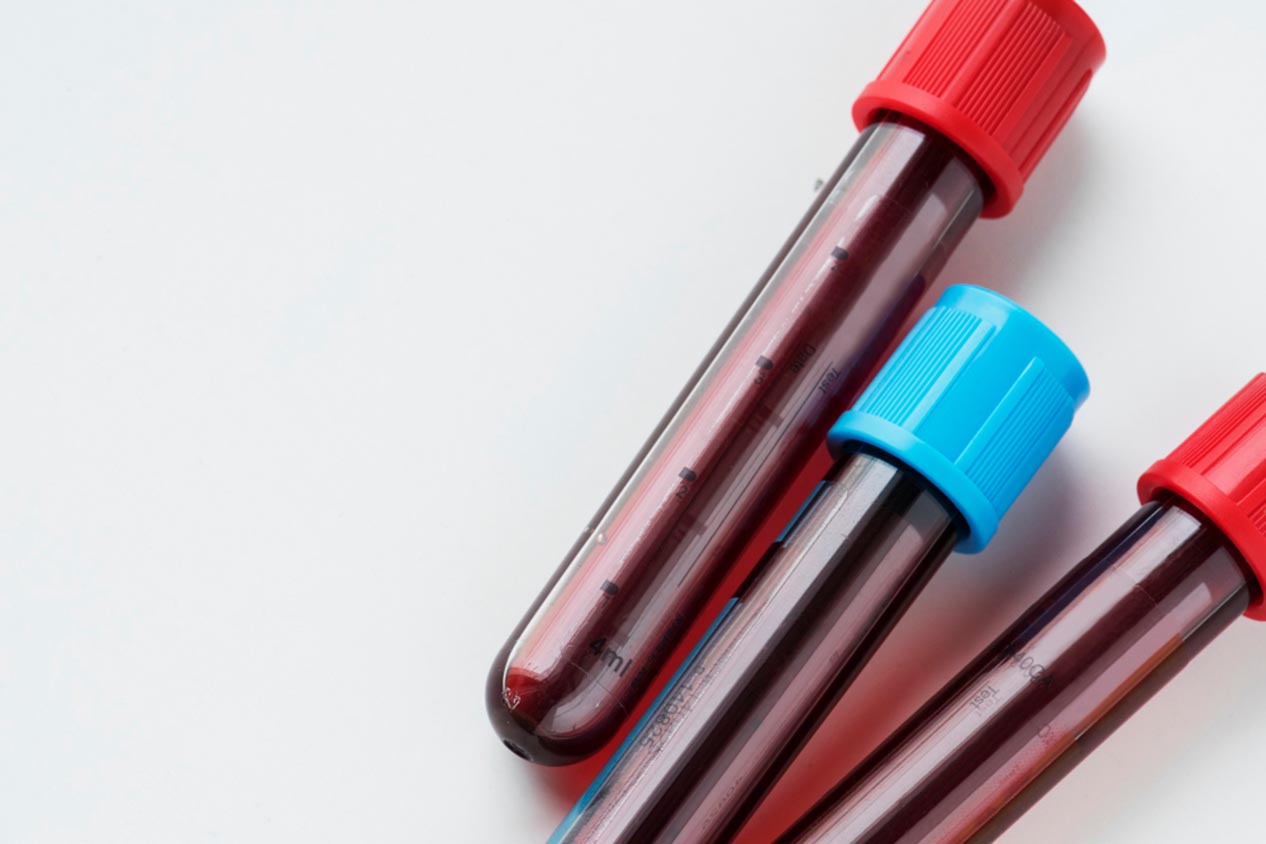Introduction
Infertility, or the inability to conceive, has become a significant medical and social issue. Increasing research shows that exposure to heavy metals such as cadmium (Cd), lead (Pb), mercury (Hg), and arsenic (As) can negatively impact women’s reproductive health. While this connection is rarely discussed, more and more experts are pointing to the link between these toxins and fertility problems.
Research Methodology
This study was conducted by analyzing data from the National Health and Nutrition Examination Survey (NHANES) for the period from 2013 to 2018. Female infertility was assessed through specific questions in the survey. Additionally, levels of heavy metals (such as cadmium, lead, mercury, and arsenic) in the blood and urine of women were measured. The study then analyzed how these levels influenced the risk of infertility.
Research Results
A total of 838 women aged 20 to 44 participated in the study. Among them, 112 women (about 13%) had fertility problems. Women with infertility showed significantly higher levels of cadmium and arsenic in their urine compared to women without fertility issues. Increased levels of arsenic were particularly associated with a higher risk of infertility, meaning the higher the arsenic levels, the greater the risk of fertility problems. Additionally, urinary cadmium levels showed a similar association with infertility in some analyses.
Furthermore, both blood and urinary lead levels were associated with a higher risk of infertility, especially among women aged 35 and older and those with excess body weight.
Conclusion
This study clearly demonstrates that exposure to certain heavy metals, such as arsenic and cadmium, can have a serious impact on women’s fertility. High levels of these toxins in urine are linked to a higher risk of infertility. Additionally, lead, whether in the blood or urine, increases the risk of fertility problems, particularly in older women or those with excess body weight. These findings highlight the need for further research and greater attention to protection from these harmful substances.
Source: Lin J, Lin X, Qiu J, You X, and Xu J (2023) Association between heavy metals exposure and infertility among American women aged 20–44 years: A cross-sectional analysis from 2013 to 2018 NHANES data. Front. Public Health 11:1122183. doi: 10.3389/fpubh.2023.1122183
This study also emphasizes the importance of detoxification as the first step in restoring the body's balance. Detoxification helps eliminate harmful toxins and reduce chronic subclinical inflammation, which can be crucial for addressing infertility. As part of the HEALTH FORMULA, the first step is precisely detoxification and reducing this inflammation, enabling optimal body function and improving fertility!




